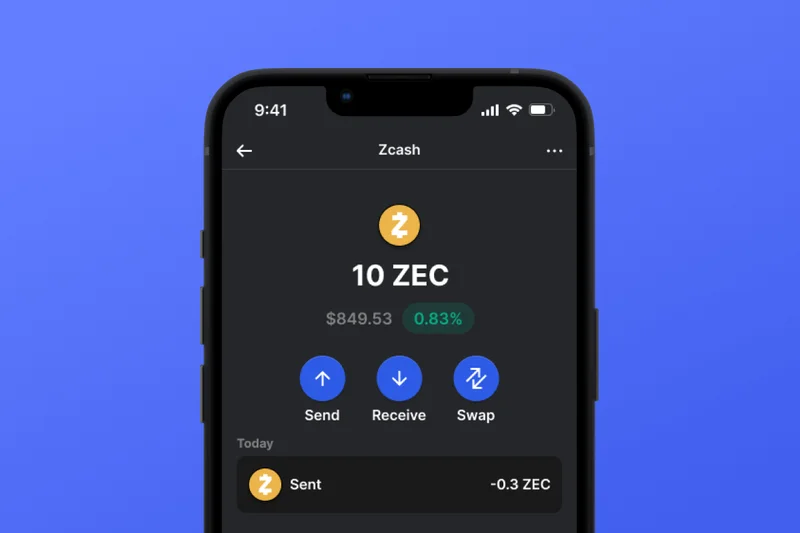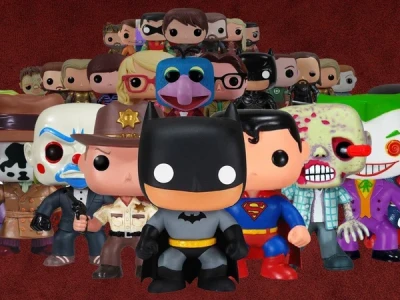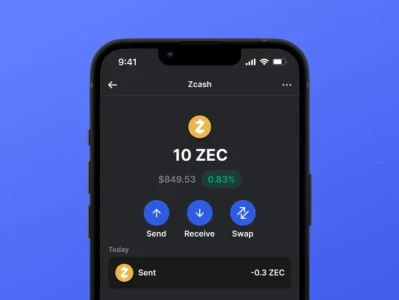Okay, folks, buckle up, because something incredible is happening in the world of crypto, something that gets right to the heart of why this technology even exists! We're talking about Zcash (ZEC), a privacy-focused cryptocurrency that has absolutely exploded onto the scene, surging tenfold in just five weeks. I mean, tenfold! Remember when it was hovering around $40? Now it's flirting with $735! What does this mean? I think it signals a profound shift in what people want from their digital currencies.
The Privacy Revolution
It's not just about the numbers, though those are definitely eye-popping. It's about the why. The chatter is that this surge is fueled by growing anxiety about Bitcoin's privacy and decentralization. Think about it: Bitcoin was supposed to be this revolutionary, decentralized system, free from corporate and government control. But lately, we've seen increasing centralization and corporate influence. And that makes people nervous, right? They want a way to transact without having every detail of their financial life exposed.
Enter Zcash. Created back in 2016 as a fork of Bitcoin, it uses something called zero-knowledge proofs—essentially, a super-advanced form of encryption that allows transactions to be verified without revealing any information about the sender, receiver, or the amount being sent. It’s like sending a package in a completely opaque box; the contents are a mystery to everyone except the intended recipient. The implications are massive. Imagine a world where you can donate to a cause you believe in without fear of reprisal, or conduct business without revealing your strategies to competitors.
We need to consider the ethical implications here, too, right? Anonymity can be a double-edged sword, and there are legitimate concerns about privacy coins being used for illicit activities. But let's not throw the baby out with the bathwater. The vast majority of people are not criminals, and they deserve the right to financial privacy. Plus, as one analyst pointed out, even with privacy coins, fraud and scams remain a tiny fraction of the overall crypto activity.

And then there's the recent case of the Samourai Wallet developer, Keonne Rodriguez, who received a harsh five-year sentence. It feels like a chilling effect, doesn’t it? Like the government is cracking down on privacy-enhancing technologies. No wonder people are flocking to Zcash! It's a statement, a vote for privacy in a world that seems to be increasingly surveilled. As Privacy Coin Zcash Continues Historic Surge, Nearing 8-Year High Price reports, this surge has brought ZCash near its highest price in 8 years.
This isn't just about individuals, either. Think about businesses. As Galaxy Digital noted, retailers want to integrate crypto into their business models, but they don't want their competitors to see all their transactions, their suppliers, their costs, their profit margins. Privacy coins solve that problem. It's like the difference between having a conversation in a crowded room versus a private office. Which one would you choose for sensitive negotiations?
The most insightful comments I've seen in crypto communities echo this sentiment. One person on Reddit wrote, "Zcash isn't just a coin; it's a shield. It's about taking back control of our data." That's powerful, isn't it? It speaks to a deep-seated desire for autonomy and control in the digital age.
I remember when the internet was first becoming mainstream. People were saying it would democratize information and empower individuals. And it did, to some extent. But it also created new forms of surveillance and control. Maybe Zcash and other privacy coins are the next step in that evolution, a way to reclaim some of that lost ground.
The Future is Private
I’m not saying Zcash is perfect, or that it's the only solution. But I do believe it represents a fundamental shift in how we think about digital currencies. It's a reminder that privacy is not a luxury; it's a necessity. And as concerns about surveillance and centralization continue to grow, I expect we'll see even more innovation in this space. The genie is out of the bottle, and there's no going back.




